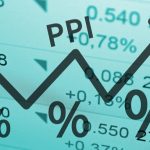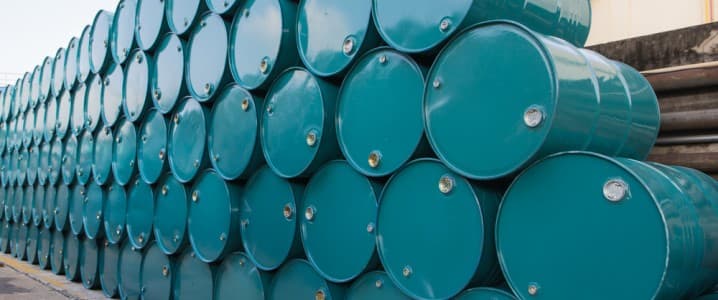Ghana’s debt stock now stands at 291.6 billion cedis with 76.1 percent Gross Domestic Product as at the end of December 2020.
The current debt stock has seen a 169.6 jump from the 2016 figure.
In 2016, the debt stock stood at 122 billion cedis with a GDP of 56.9 per cent.
The Minister for Parliamentary Affairs, Osei Kyei Mensah-Bonsu made this known in his 2021 budget statement presentation in Parliament on Friday.
The increase, he said was mainly “as a result of a Eurobond issuance in February 2020, crystalisation of contingent liabilities in the energy and financial sector”.
Explaining other factors, the Majority Leader said the fiscal impact of COVID-19 which was captured as GHC19.7 was a major contributor.
The cost of financial sector clean-up in August 2019 cost the country GHC 21 billion.
Mr Mensah-Bonsu said without the aforementioned factors, the debt stock would have stood at GHC 238.9billion with 58.7 of GDP.
All these factors played at different levels in 2020.
The GDP growth, he said, declined significantly to one of the lowest in Ghana’s history.
Ghana’s debt stock increased by 30% under the Kufuor-led NPP Administration between the period of 2004 and 2008.
From 2008 to 2012 the debt stock jumped to 269% under the Mills NDC administration.
There was a slight drop to 243% from 2012 and 2016 under the Mahama NDC government.
Looking at the figures, he maintained that the debt growth has been slower under the Akufo-Addo government despite the massive investments made into social intervention programmes and the impact of the COVID-19 pandemic.
“Despite the impact of the COVID-19 pandemic, the rate of growth of the public debt has been lower under our government than under previous governments.
“The rate of debt growth was also slower under our government despite investment in our flagship programmes such as Free SHS; Planting for Food and Jobs; NABCo; One District, One Factory; One Village, One Dam and One Constituency One Ambulance.
“Furthermore, the restoration of the allowances for trainee teachers and nurses, among other things, while maintaining macro-economic and exchange rate stability,” he added.
















